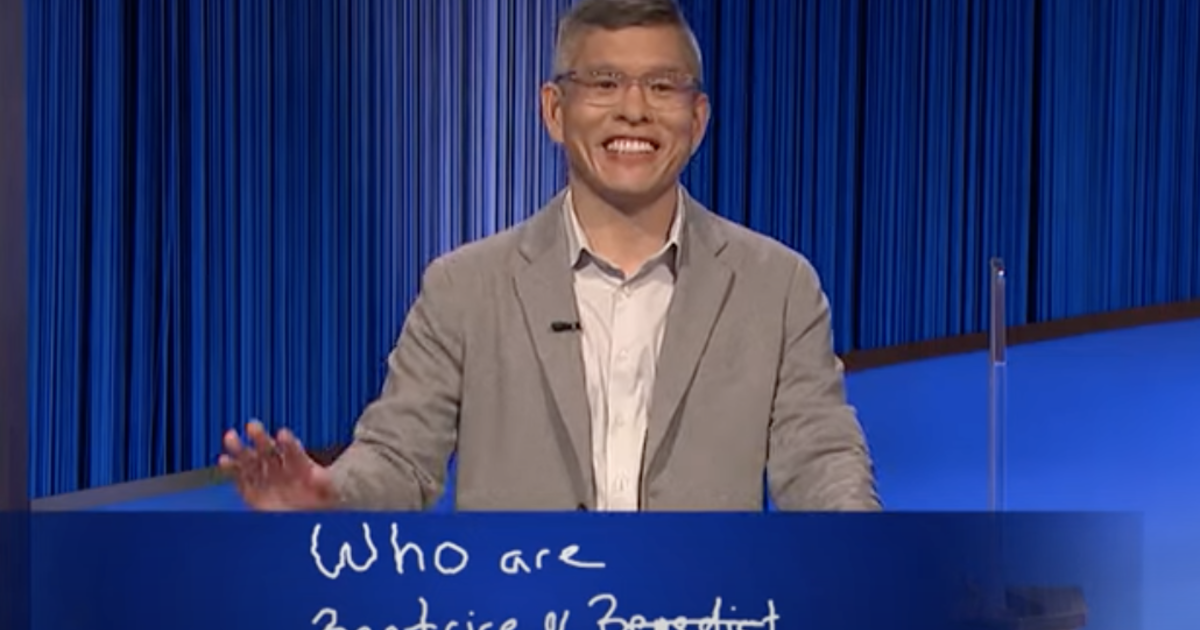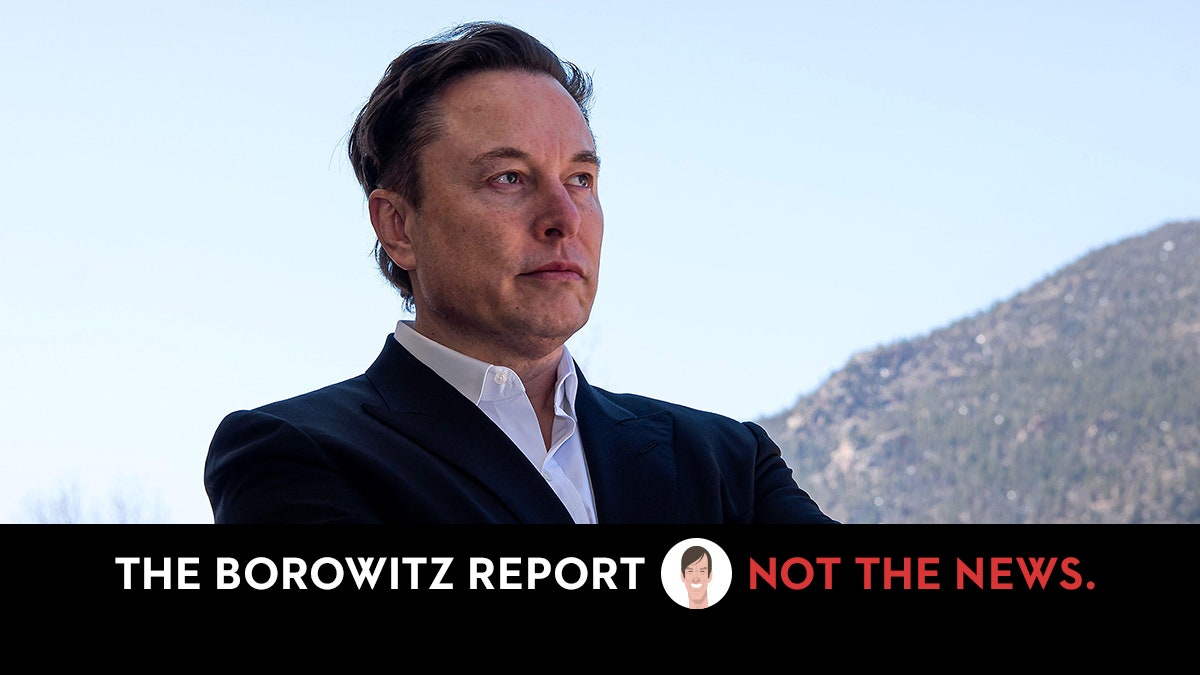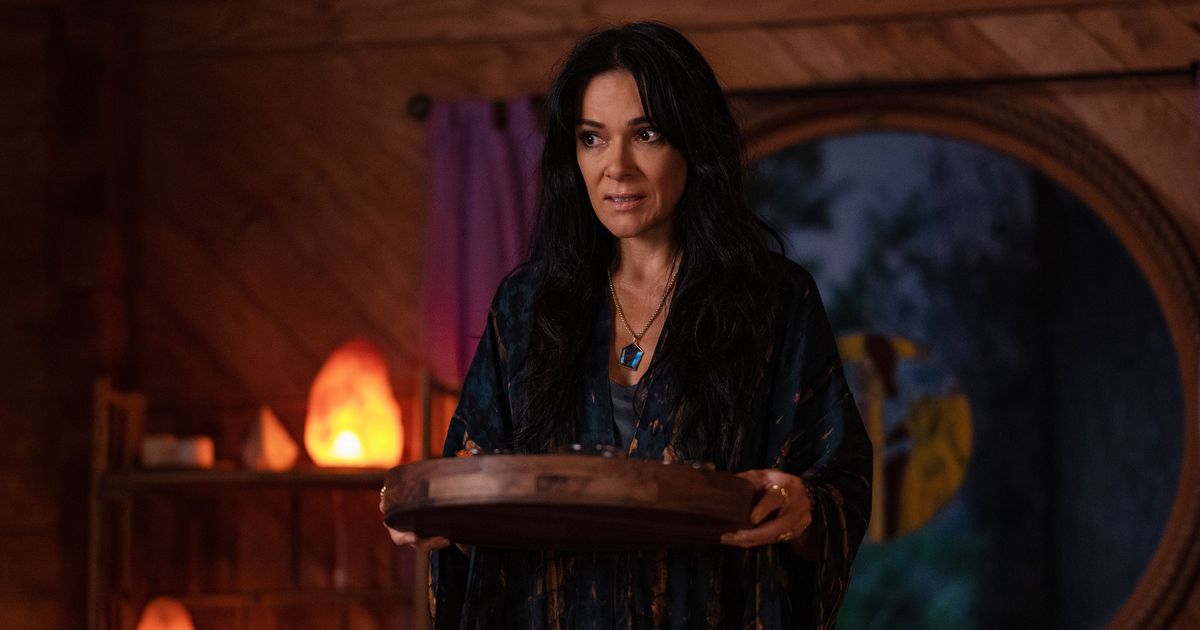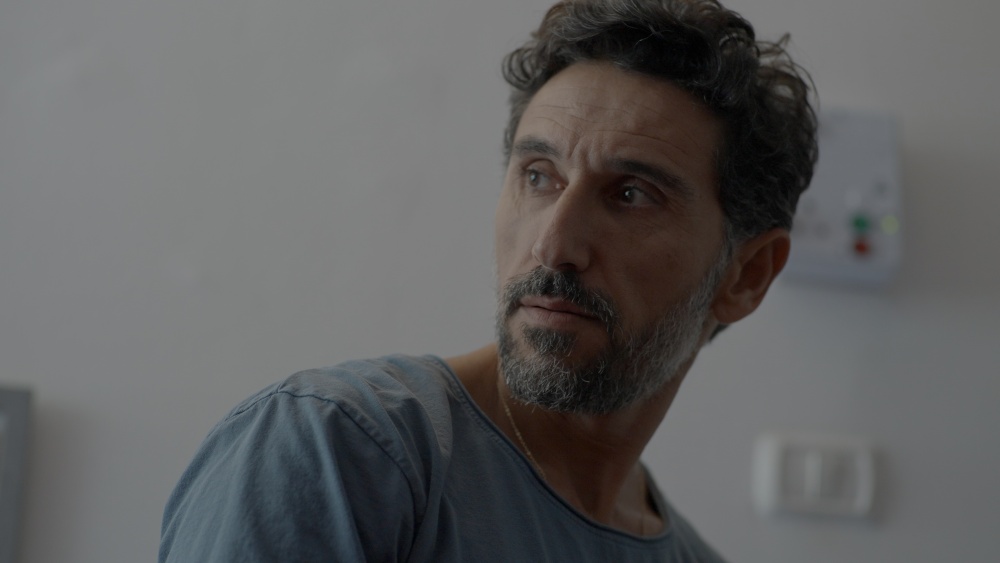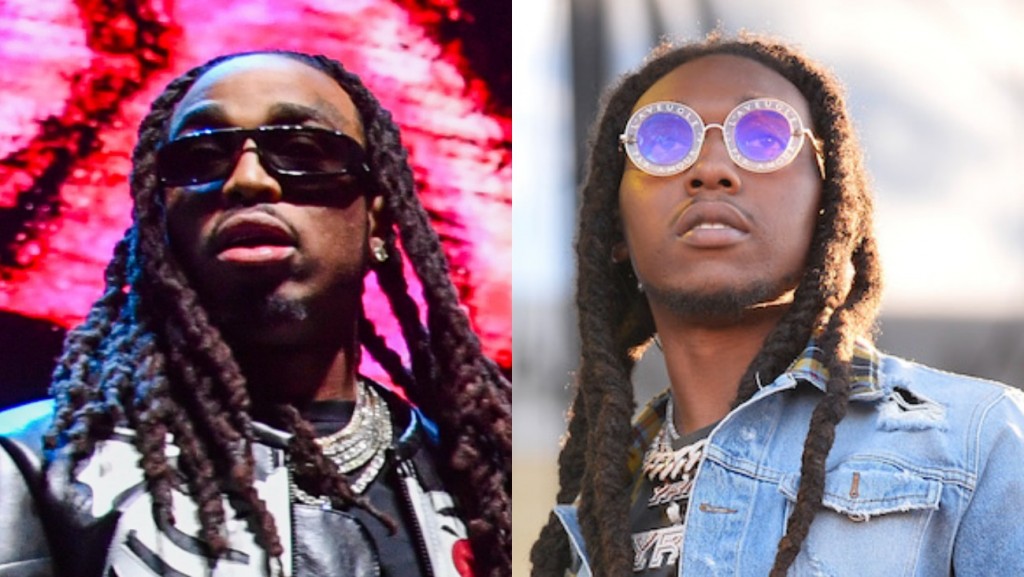We asked Peso Pluma about his first hit. He hung up on us

The hottest new star in music just hung up on me.
Mexican singer Peso Pluma, 23, has quickly risen from TikTok sensation to the Coachella main stage with Becky G to the top of the Billboard Hot 100 chart — where last month, his starry-eyed folk ballad with California trio Eslabón Armado, “Ella Baila Sola,” or “She Dances Alone,” made history as the first regional Mexican song to reach No. 1.
That same month, Peso Pluma became one of the five most-listened-to artists on Spotify, alongside Bad Bunny, Drake, Taylor Swift and the Weeknd.
When we speak over Zoom, he’s in Mexico City, shooting one of several music videos for his upcoming album, slated for release this summer. Although he’s typically iced out with a diamond-encrusted Spiderman chain and engulfed by designer jackets, today the MC is simply dressed in black T-shirt and jeans, emphasizing his fair, freckled skin and shaggy brown mullet.
His 2023 has been a whirlwind of recording and promotion, which has sent him pinballing between Los Angeles, Guadalajara and Mexico City. “I miss my mom,” he says. “I haven’t seen anyone. But everything has its pros and cons … I start every day by smoking a joint [and] being thankful. My life has changed a lot, but it has been for the better.”
We’re about 20 minutes into our interview when I ask about the controversy surrounding his earlier songs — known as narcocorridos, a popular subgenre of Mexican folk music akin to gangsta rap — for which he’s been accused of glorifying local drug kingpins. Before I finish the question, Pluma utters “nah” and tosses his smartphone across the table. (His publicist told The Times that he “does not talk politics” with the press — but added that he ended the call because he needed a bathroom break.) We never did reconnect.
Born Hassan Emilio Kabande Laija on the outskirts of Guadalajara, Peso Pluma, whose stage name translates to “featherweight,” is not quite the overnight sensation that Anglophone Spotify users might assume: He released his first album, “Ah y Qué?,” in April 2020, and a second, “Efectos Secundarios,” via the Anaheim-based label Prajin, in 2021.
His unexpected path to global stardom began with the February 2022 release of his single with MC Raúl Vega, titled “El Belicón.” The song went viral on TikTok, scored nearly 10 million YouTube views in three days and was eventually certified eight times platinum by the RIAA.
It was also lambasted by critics in Mexico, who argued the singer was promoting the narco lifestyle amid decades of often-gruesome conflict in his home country and abroad. (In the song’s video, Peso Pluma and Vega don bulletproof vests, wield machine guns and sing of gearing up for war with a rival gang.)
Such debates long predate Peso Pluma’s arrival; lawmakers in the Mexican states of Sinaloa and Baja California had implemented bans on popular artists like Los Túcanes de Tijuana and Gerardo Ortiz from the airwaves and concert venues. The Grammy-winning norteño group Los Tigres del Norte was fined for performing its 1974 song about drug smugglers, “Contrabando Y Traición,” as recently as 2017. “We always sing what the people want to hear, and what the people are living,” argued lead singer Jorge Hernandez.
Yet narcocorridos continue to be passed on as part of a folk tradition; they’ve featured in the popular TV show “Breaking Bad” and have enjoyed increased fanfare among Gen Z listeners.
Even if only a work of narco role-play, “El Belicón” represented a shift for Peso Pluma, who then began fielding invites to collaborate from regional Mexican stars like Natanael Cano, Fuerza Regida and Junior H. Darlings of L.A.-based label Rancho Humilde, these acts pioneered regional Mexican and trap fusions called “corridos tumbados,” which often contrast the hard realities of street life with dreams of luxury cars, cash and the company of beautiful women.
Now that Peso Pluma’s grittier songs have been eclipsed by his more romantic ballads like “Ella Baila Sola” or his newer reggaetón lite hit with Yng Lvcas, “La Bebé (Remix),” he seems poised to embody a different kind of character than the ones mythologized in narcocorridos: a goodwill ambassador between Mexican youth and their counterparts on the other side of the border, eager to stay connected through the sounds of their heritage.
“I grew up in a totally mixed culture,” Peso Pluma explains. He learned English while spending time with family in San Antonio and peppered his playlists with hip-hop from the United States — which became the key to developing the urban swagger he brings to his otherwise norteño twang. “I loved [regional Mexican singer] Ariel Camacho because I liked the way he played guitar,” he says, “but I also loved Jay-Z, Kanye West and Bad Bunny.”
At 19, he says, he bought a ticket to New York City just to find out what all his favorite hip-hop songs were about. “I fell in love with New York,” he says. “I soaked up the culture, and now I carry New York with me everywhere I go. So much that my friends call me Peter Parker,” he says with a laugh.
Peso Pluma got another taste of New York a few weeks ago, when he performed “Ella Baila Sola” on “The Tonight Show Starring Jimmy Fallon.” “I was the first regional Mexican artist to be on Fallon,” he says with a shrug. “Enough said.”
Peso Pluma is quick to nod to Eslabón Armado and Cano, both of whom broke new ground on the American pop charts prior to his arrival.
“It’s important to bring up all the talent that is emerging [from Mexico],” he says. As proof, he’s building a roster of artists on his own boutique label, Doble P Records, a subsidiary of Prajin; he’s already signed “El Belicón” co-star Vega, as well as artists Jasiel Nunez and Tito Laija (who is his cousin).
Peso Pluma is set to embark on his first U.S. tour this summer, which includes a stop at Inglewood’s YouTube Theater on July 20. There, the artist looks forward to performing for his Cali fans — not as a guest, as he was at Coachella, but as the main event.
“My authenticity is the most important thing about me. I’m real. That’s how I am, that’s how I will always be. If they like it, good. And if they don’t?”
For that, he doesn’t have an answer. He only scoffs. Enough said.

